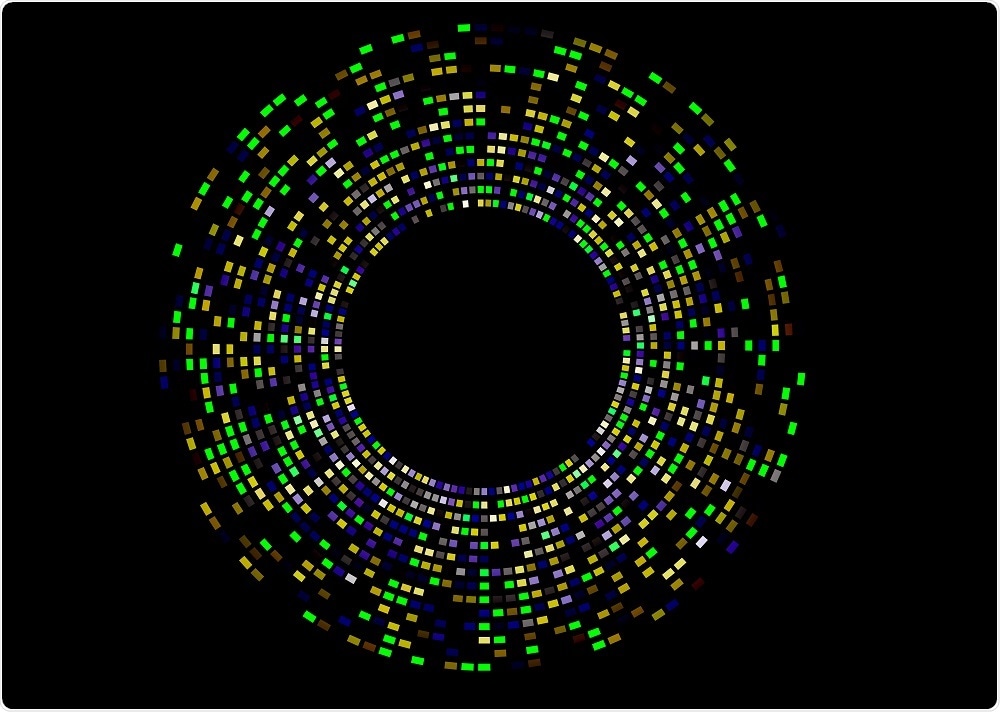Researchers from the Mount Sinai School of Medicine and collaborators have discovered that genetic mutations called epivariations are the cause of certain neurodevelopmental disorders and congenital diseases.
 Credit: T-flex/Shutterstock.com
Credit: T-flex/Shutterstock.com
The scientists say the discovery could lead to more advance diagnostic tools for diseases such as autism and congenital heart disease.
Epivariations are changes in DNA that do not affect the DNA sequence, but cause a change in gene function.
Our study suggests that these epigenetic mutations are a significant contributor to human disease."
Andrew Sharp, Lead Investigator
Since conventional genetic testing analyzes the DNA sequence, new tests are needed to identify disorders caused by epivariations.
The epivariation observed in this study was caused by excess DNA methylation − the addition of a methyl group to a molecule of DNA.
As reported in Nature Communications, Sharp and team assessed the genetic profiles of 489 individuals with neurodevelopmental or congenital disorders.
All the participants had previously undergone genetic testing that had not identified any DNA mutations.
Scientists have long believed that these disorders have a genetic basis and Sharp and colleagues suspected that epivariations in the DNA could be what is causing the gene dysfunction that leads to disease.
When the team performed methylation profiling to determine the DNA methylation within each patient’s genome, they found epivariations that could be the cause of disease in around 20% of the cohort.
Furthermore, the researchers also profiled more than 5,000 genomes of people without the disorders and found that epivariations are relatively common and can generally be identified using a blood test.
Currently, conventional genetic testing methods such as whole-genome sequencing are used worldwide to screen thousands of human genomes.
These findings can open up a whole new world in what we know about disease and genetic profiling.”
Andrew Sharp, Lead Investigator
Sharp says that investigating DNA methylation when profiling genomes for disease mutations could help uncover causative defects in congenital and neurodevelopmental diseases that have eluded researchers for years.